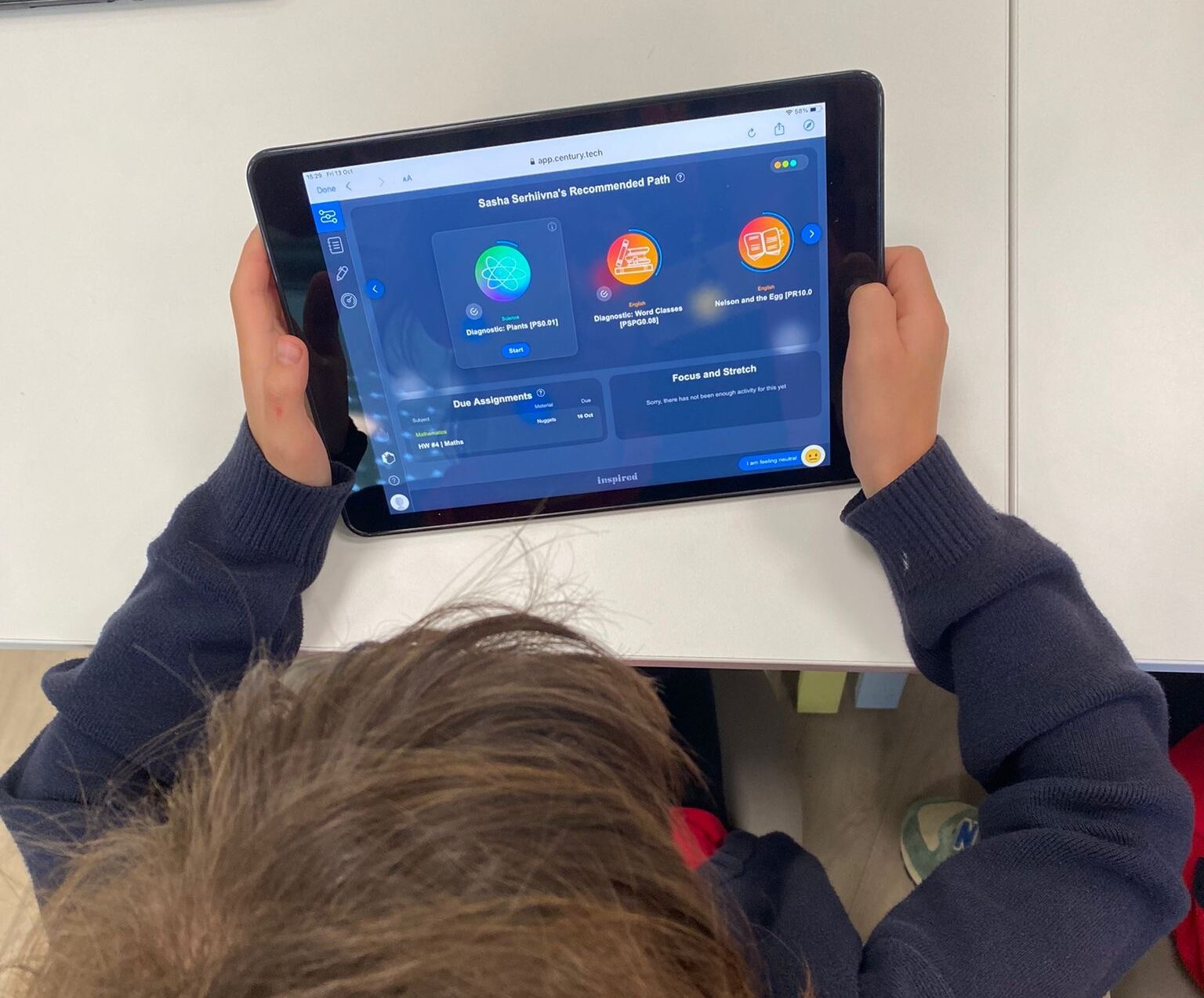Learning better: the case against cramming
Estimated reading time: 4 minutes
We are in the thick of exam season right now – GCSEs to be exact – and you can feel the worry simmering away in schools and libraries all around the UK. As an exam suddenly looms near, it’s only natural to think “Right, time to cram”. We’ve all done it: stayed up late the night before to go through the final chapters of a textbook, or woken up before the sun to memorise some final Shakespeare quotes. Those few hours before a paper are usually viewed as absolutely crucial – just ask any student who is hurriedly reading flashcards on the bus to the exam hall.
But why did we put ourselves through all that? And why are we standing by and letting it happen again?
This blog will argue for the case against cramming. Not only is cramming unpleasant, but a culture of cramming and last-minute revision speaks to something more worrying in our education system.
There is a special kind of panic that arises from frantically looking through revision notes right before an exam. You try and absorb any information possible, your eyes scanning the highlighted words, before you put them away and walk to your seat, only to sit down and think “Well…can’t really remember any of that”. The retention rate is low and engagement with the topic is superficial, especially if you have been staying up late the last few nights. Sleep is really key to cementing knowledge, so if you haven’t been getting enough rest in the run up to an exam, it’s likely that any last-minute revision will slip away easily.
Far more effective is when you have been learning regularly throughout the year: paying attention in class, completing homework, and then starting revision early, slow and steady, till the day comes and you can draw on your layers of knowledge to ace the exam.
The topics that we engaged with at school – To Kill a Mockingbird is often cited as a favourite – are the ones that we can speak about years later. They are the ones that will stick with us. Trying to memorise and then regurgitate two years of content might get you through an exam, but it won’t leave you with much once the exam is done. A culture of cramming – where students are constantly falling back on last-minute revision, and are even encouraged to do so – is indicative of how we think of education.
School stops being about learning, and is instead about passing an exam – a box ticking exercise. This is hugely reductive and limiting.
Education equips us with the skills – both academic, emotional and social – to thrive in the world and contribute something positive. It builds our curiosity, our critical thinking and our questioning. Last minute revision undoes all this, and shifts the focus from out-of-the-box thinking to jumping through the hoops for an exam. We should be inspired to think creatively and make connections between subjects and themes that haven’t been thought of before. Being spoon-fed information that is then desperately memorised before an exam may be conducive to passing, but it’s not conducive to learning.
We should step away from a culture of cramming and try and recentre what education means to us. But in the short-term, and especially if you are a student, there are some simple methods that can help you learn better.
AT CENTURY, we are big believers in learning better and learning steadily; embedding robust learning rather than stuffing your brain with facts for short term retrieval. We rely on neuroscience, not pseudoscience, and these are our main principles for becoming a better learner:
Interleaving: rather than studying one subject for a whole day, study multiple topics (English, then Geography, then English again, then Spanish). This pushes the brain to make unique connections between topics and to effortfully remember different subjects, which deepens long-term memory retention.
Test yourself: this reviews the topic and practises your memory recall abilities, which will be very useful during the exam.
Start early, study slowly: easier said than done, but doing a chunk of structured revision and then doing something different, like playing football or going to the cinema, will be more effective and enjoyable than “Today, I will do as much as I can…oh gosh, it’s 11pm and my exam is in two days and I can’t tell you where the time has gone”
The value of learning in a better way doesn’t end after A-levels or even after university. We live in a world which is changing so rapidly that being able to understand, critique and remember new information is increasingly important. And honestly, anything is more fun than those awful panicky hours before a exam.
CENTURY in the news
View all News
-
Case studies
30th June 2025
Inspired Italy share why they think CENTURY is the perfect tool…
CENTURY’s Jordan Scearce and Charles Wood spoke to a numbers of senior leaders from Inspired schools in Italy about how the AI-powered platform can complement the IB.
Read more
-
Uncategorised
26th June 2025
CENTURY launches new AI feature to transform personalised homework
We are delighted to announce the launch of our new Smart Assignments feature, designed to save teachers’ time and improve student learning through personalised, adaptive homework that can be set in minutes.
Read more

